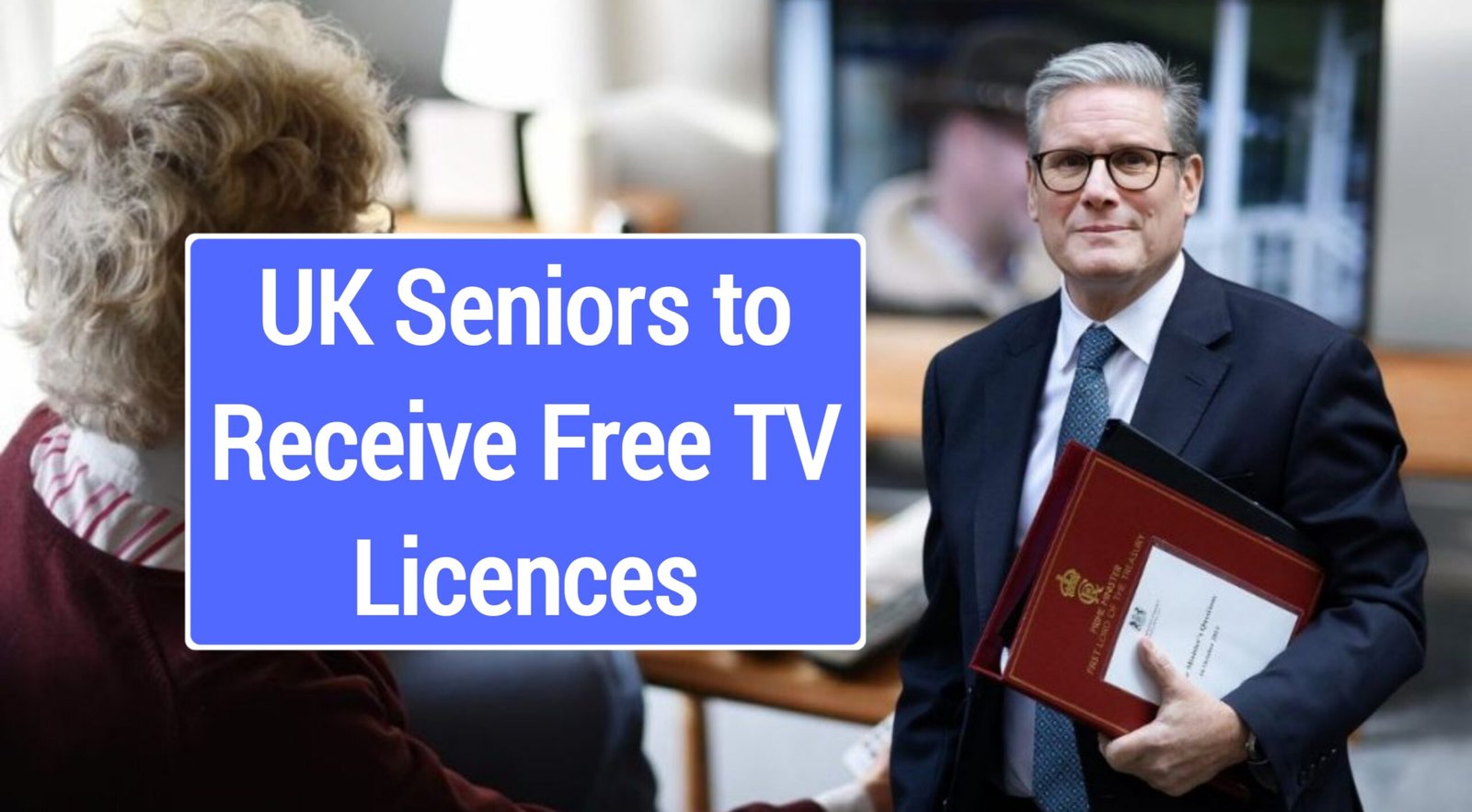For many older adults in the UK, accessing television is not just about entertainment—it is a key source of information, connection, and companionship. Recognising this, the government has continued its longstanding support to help seniors access TV services without financial burden. One of the most significant initiatives is the free TV licence scheme for older adults. This article will guide UK seniors through eligibility criteria, application steps, and other important details of the programme.
What is the Free TV Licence Scheme?
The free TV licence scheme allows eligible older adults to watch live television and BBC iPlayer without paying the standard annual licence fee. It ensures that seniors, who often live on fixed incomes, can stay informed and entertained without additional financial pressure. The initiative is particularly aimed at individuals over a certain age, providing them with peace of mind and access to the latest news, educational programmes, and entertainment content.
Who is Eligible for a Free TV Licence?
Eligibility for the free TV licence is generally based on age and residency in the UK. As of now, adults aged 75 and above can qualify for the free licence. The licence is available to individuals who are living in the UK permanently and who do not share their household with someone who does not qualify for the free scheme.
Eligibility may also depend on certain benefits the applicant receives, such as Pension Credit, which automatically entitles qualifying individuals to the free licence. Those not on benefits can still apply but may need to provide proof of age and residency.
How to Apply for a Free TV Licence
Applying for a free TV licence is a straightforward process. Seniors can apply online through the official TV licensing website, where they need to provide basic personal information such as date of birth, address, and proof of age. Alternatively, applications can be made via phone or post for those who prefer traditional methods.
Once the application is processed and approved, the free licence is typically valid for one year, after which renewal is required. Renewal is often easier than the initial application, as it usually involves verifying that the individual still meets the eligibility criteria.
Documents Needed for Application
Applicants should be prepared to provide the following documents:
- Proof of age (passport, driving licence, or birth certificate)
- Proof of UK residency (utility bills, council tax letters, or tenancy agreements)
- Evidence of benefits if claiming through Pension Credit
Ensuring that these documents are ready can speed up the application process and reduce delays in receiving the free licence.
Benefits of the Free TV Licence
Having a free TV licence comes with several benefits for seniors:
- Financial Relief: No annual TV licence fee reduces household expenses.
- Access to Information: Seniors can keep up with news, weather updates, and public announcements.
- Entertainment: Access to a wide range of programmes on BBC and other channels.
- Social Connection: Television helps combat feelings of isolation, particularly for those living alone.
How the Scheme Works
The free TV licence scheme works by issuing a licence that allows live television viewing on any device without a fee. Once eligibility is confirmed, the individual receives a TV licence certificate that should be displayed in the home. It is important to renew the licence annually to maintain access and avoid penalties.
Common Questions About the Scheme
Q: Can I share a free TV licence with someone else?
A: No, the free licence is for individual use. Each household member who qualifies may need a separate licence.
Q: Do I need to pay for BBC iPlayer separately?
A: No, the free licence covers BBC iPlayer as well as live TV.
Q: What happens if I move house?
A: You should notify TV Licensing about the move so that your free licence can be transferred to your new address.
How to Stay Updated on TV Licensing Rules
TV licensing rules and eligibility criteria may change over time. Seniors are encouraged to regularly check the official TV Licensing website or contact customer support for the latest information. Staying informed ensures that individuals continue to receive the benefits without interruption.
Conclusion
The free TV licence scheme is a valuable initiative that helps UK seniors access television without financial strain. By understanding eligibility, preparing the necessary documents, and applying correctly, older adults can enjoy uninterrupted access to information and entertainment. This programme not only provides financial relief but also enhances the quality of life for many seniors across the UK.
